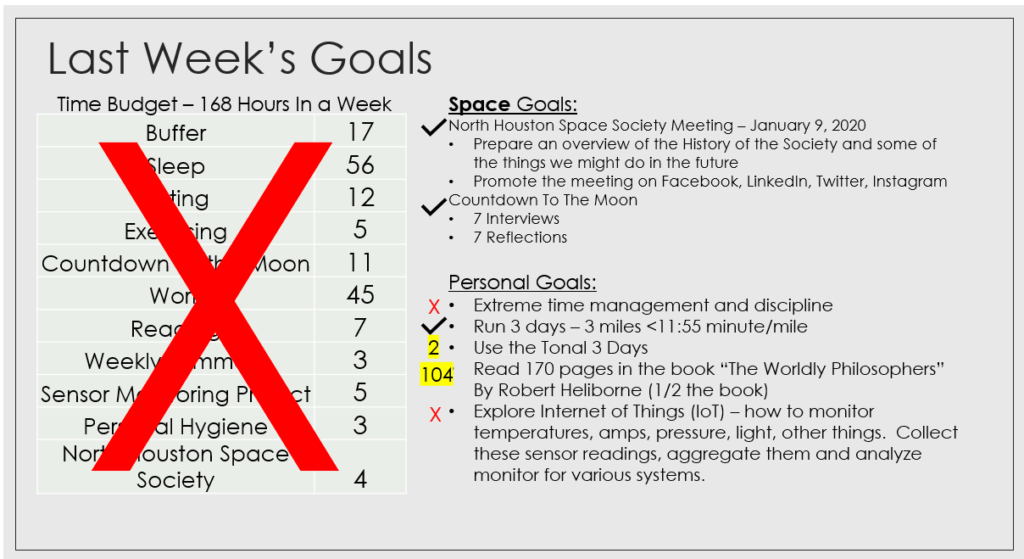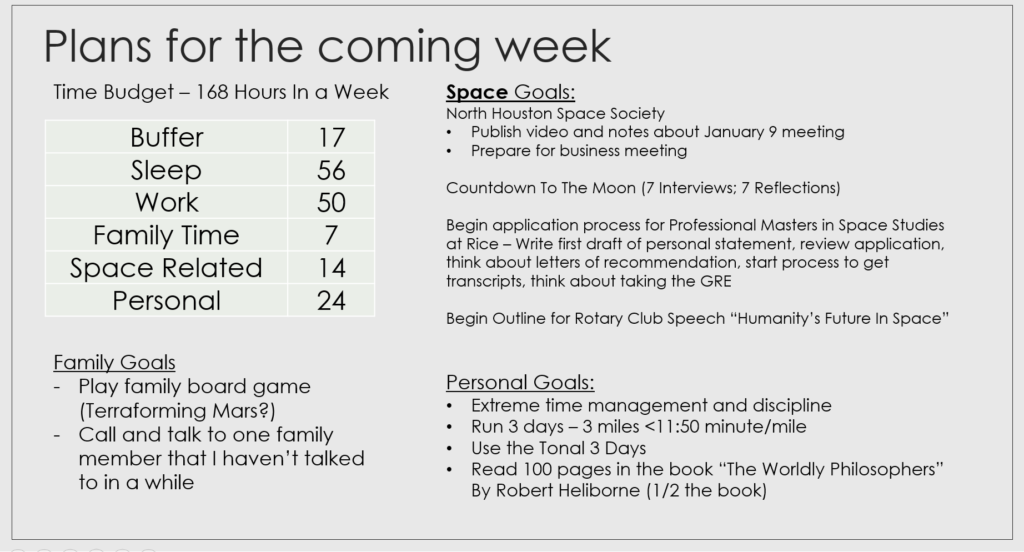It was late on Monday. I just had the workshop (the first one) for people to work on their Space Communicator program. People to talk through and think about their speeches. I had probably been busy at work during the day. And while there were many people at the workshop, I was going to try to interview non-space people. Doug Hall and I were walking out after having cleaned and straightened the room. David was working at the library. I had also planned not to interview people at work. But if I didn’t interview him, I’m not sure who I would interview. So I asked, and with a little hesitation and trepidation David agreed.
David remembers the Challenger explosion more vividly than any other space event. He had heard about “robot things on Mars”. And when I told him that 1972 was the last time we went to the moon he says “Shocks me that I’m not more on top of that.”
David wonders “Are we ready fo this? Would the resources be better some place else? Otherwise, he thinks it is a great idea”
Would he go to the moon? “Probably not. I’ve not even been out of the continent which I hope to fix this summer”. I wonder if he was able to travel during the summer. On one hand the library was not opened and maybe it was possible for library staff to have more time off. On the other hand with Covid it might not have been possible to travel.

